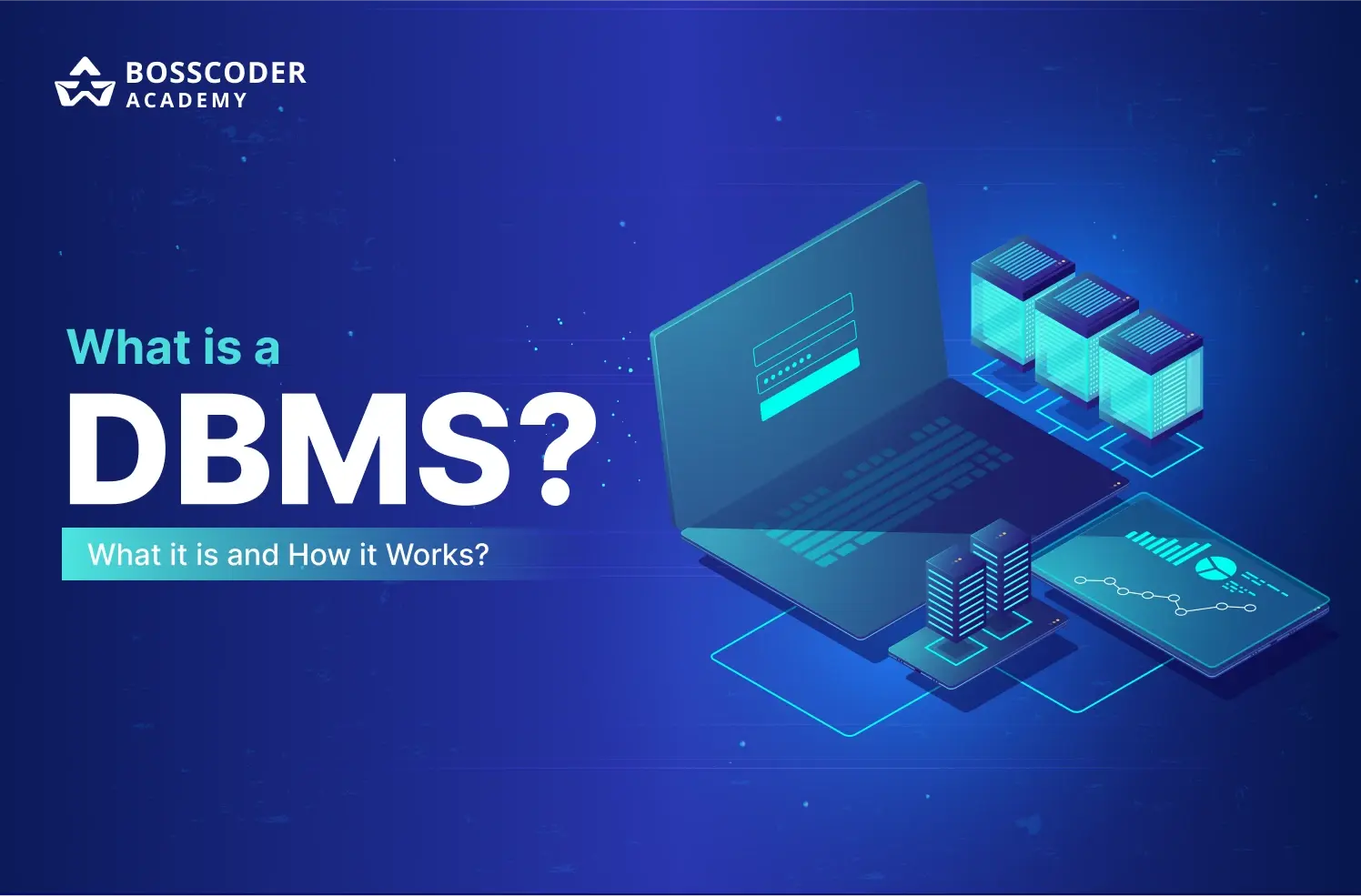When it comes to web development, two powerful languages often steal the spotlight, Java and GoLang. Both are fast, reliable, and widely used, but which one truly stands out in today’s tech world?
If you’ve ever found yourself stuck with any of these questions like, “Is Go better than Java?”, “Which one’s easier to learn?”, or “Could Go replace Java someday?”, you’re not alone. These are the big questions developers, students, and tech teams ask all the time.
In this blog, we’ll try to clear all your confusion. We’ll break down the real differences between Java and Go, from performance, Features, and application to real-world use cases. Whether you're a beginner trying to select your first language or a professional developer looking to add another skill to your resume, this comparison will help you make the smart choice. Let’s dive in, and by the end, you’ll know exactly which language fits your goals best.
What is Java?
Sun Microsystems introduced Java, a programming language, in 1995. It is a general-purpose, object-oriented programming language, which means it organises code into reusable units known as objects. Java's primary strength is its "write once, run anywhere" concept. Java code can be run on any device with a CPU, including computers and smartphones, thanks to the Java Virtual Machine (JVM).
Java is used in multiple sectors, including:
- Mobile applications (particularly on Android)
- Web servers are
- Software for enterprises
- Data science and machine learning.
Java is beginner-friendly and widely supported, thanks to a huge number of pre-built tools and an active user base. However, the newcomer coders can find complex syntax difficult.
What is Go or GoLang?
Go, also known as Golang, is a programming language that Google launched in 2009. It's an open-source, statically typed programming language designed for simplicity and performance. Inspired by the C programming language, Go minimises unnecessary complexity, making it simple to understand and write.
Go is mainly used in:
- Back-end development includes cloud-based solutions.
- Microservices enable high-performance applications.
Go's most notable features are its ability to manage numerous tasks at once and its garbage collection for optimal memory consumption. Its minimal library and easy syntax make it popular among developers who seek speed and clarity.
Comparison Between Java vs GoLang
When choosing a programming language, it helps to compare its strengths and differences in simple terms. So, let's understand the difference between two popular languages, Golang (Go) and Java, which are often used for building powerful applications. Here's an easy-to-understand comparison to help you decide which one might be right for you:

Golang vs Java Features
- Java: Java is a full-fledged object-oriented language. Its OOP model helps with code reuse and better organization, making it ideal for building large, complex systems.
- Java also supports runtime reflection, which allows programs to check and modify their structure during execution.
- Go: Go is not object-oriented and lacks legacy and reflection, making it less adaptable. However, Go is better in concurrency. Its goroutines make it easy to run multiple tasks at once, which outperforms Java’s older multithreading approach in many cases.
- Go also has a fast, efficient garbage collector that’s well-suited for high-performance applications.
Java or Go: Which Has Better Performance?
Even though Java is fast, Golang surpasses it in most specifications.
- Java: Java is fast, but its support on the Java Virtual Machine (JVM) slows it down slightly. The JVM allows Java to run anywhere, but this cross-platform flexibility comes at a performance cost.
- Go: Go is faster in most cases. It collects directly to machine code, similar to C, which makes execution quicker. Go also simplifies testing and improves user experience.
- Its efficient memory management and garbage collection reduce runtime pauses and help maintain high performance.
Golang and Java: Comparing Developer Communities
- Java: Java has been around for a long time and has a massive global community. It’s easier for developers to find help, tools, and libraries. Recruiters also have an easier time finding Java talent.
- Go: Go has a smaller, growing community. While support is improving, it’s not as extensive as Java’s, especially for beginners.
Java vs Go: Usage Comparison
- Golang: Go is simple and precise. Its syntax is easy to read, especially for English speakers. With only 25 keywords and a minimal standard library, Go keeps things clean and easy to follow. It also skips common syntax clutter like brackets and colons.
- Java: Java is more complex. It demands more focus from developers, but its advanced syntax allows for greater flexibility and looser coupling in large-scale applications.
Golang vs Java: Application Comparison
Java and Go are both server-side languages, but they serve different purposes.
- Java: Thanks to the JVM, Java runs smoothly across platforms without much hassle. If portability is a priority, Java is the better choice.
- Go: Go compiles code into binary files, which means you need to build a separate binary for each platform. This takes more time and limits its portability.
- However, Go is better for backend optimization. Its built-in support for parallelism makes it a strong option for performance-heavy applications like machine learning, especially if Java or Python aren’t available.
Golang vs Java: Which Is More Popular?
Java vs Golang also differs in terms of popularity and community.
- Java: Java remains the most used server-side language. As a result, Java will compete with Python, Go, and a variety of other well-known programming languages.
- In other words, Java has been around longer than Go. So, when it comes to popularity, Java easily outperforms Go.
- Go: While newer, Go is gaining traction fast, especially among modern developers building server-side applications.
- It also has strong community support, with plenty of open-source libraries and experienced developers helping newcomers.
Job Opportunities
Learning Java vs Golang also depends on career prospects.
- Java: Java developers are in high demand across industries like finance, tech, and healthcare. Its versatility ensures steady job openings.
- Go: Go is newer, so fewer jobs are available. However, its use in cutting-edge fields like cloud computing makes it a valuable skill.
Which is Better for Web Development: Go or Java?
When choosing between Golang and Java for web development, it’s important to consider what your project needs, how fast you want to build it, and how complex the app will be. Both languages are powerful, but they shine in different areas. Here's a simple comparison to help you decide which one might be better for your web project:

Java works on almost any computer thanks to the JVM, so developers don’t need to rebuild their apps for each system. It also has a big community and many tools to build complex apps fast. Today, Java is mostly used to build Android apps.
Golang (Go) is popular for building large network servers. It has built-in tools for web development, like HTTP/2 support, and is known for being simple, fast, and easy to scale. Developers don’t need many extra tools or libraries, it has most of what you need built in.
We hope the basic difference between the two languages will be crystal clear to you all.
Why Choose Bosscoder Academy?
If you’re interested in upskilling for a better position in the tech domain, or want to boost your salary, Bosscoder Academy is here to help.
Our beginner-friendly courses in software engineering, which industry experts lead, will equip you with the skills to build apps, servers, and more. Enroll at Bosscoder Academy’s Transformer Program today to take the first step toward a rewarding tech career!
Conclusion
In the Golang vs Java comparison, there’s no clear winner, it depends on your needs. Java is a versatile, feature-rich language with a massive community, making it ideal for large projects and cross-platform apps. Go is simple, fast, and perfect for modern backend systems like microservices and cloud platforms. If you value ease of learning and speed, Go is a great pick. If you want flexibility and job opportunities, Java is the way to go.
Your choice depends on your goals. Aiming for a stable career in enterprise tech? Choose Java. Want to work on innovative startups or cloud systems? Go with Go. Both languages are powerful tools for a successful coding career.
FAQs
Q1. Is Go better than Java?
Answer: Neither is universally better. Go is faster and simpler, great for cloud applications and microservices. Java has more features and libraries, making it better for enterprise applications and Android development.
Q2. Is Go easier to learn than Java?
Answer: Yes, Go is easier to learn. It has fewer keywords and a simpler design compared to Java. Java requires understanding more complex concepts like object-oriented programming.
Q3. Will Go replace Java?
Answer: Go won't completely replace Java. Both languages serve different purposes and have their own strengths. Java remains dominant in enterprise settings while Go excels in newer cloud environments.
Q4. Which is faster: Go or Java?
Answer: Go is typically faster than Java. Go compiles directly to machine code while Java runs on a virtual machine that adds some overhead. Go's memory management is also more efficient.
Q5. Is Go or Java better for beginners?
Answer: Go may be easier to learn initially due to its simple syntax. However, Java might be better for career prospects as a first language since it's more widely used and teaches fundamental programming concepts.









